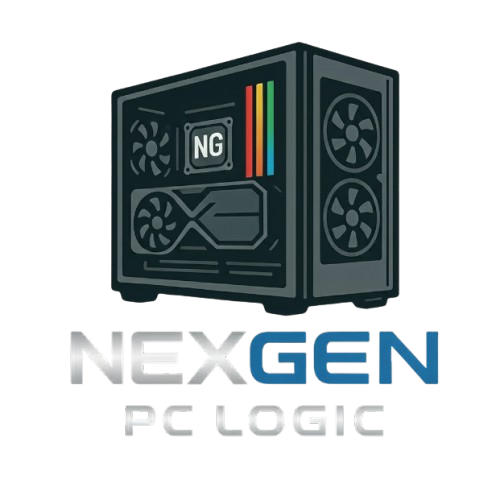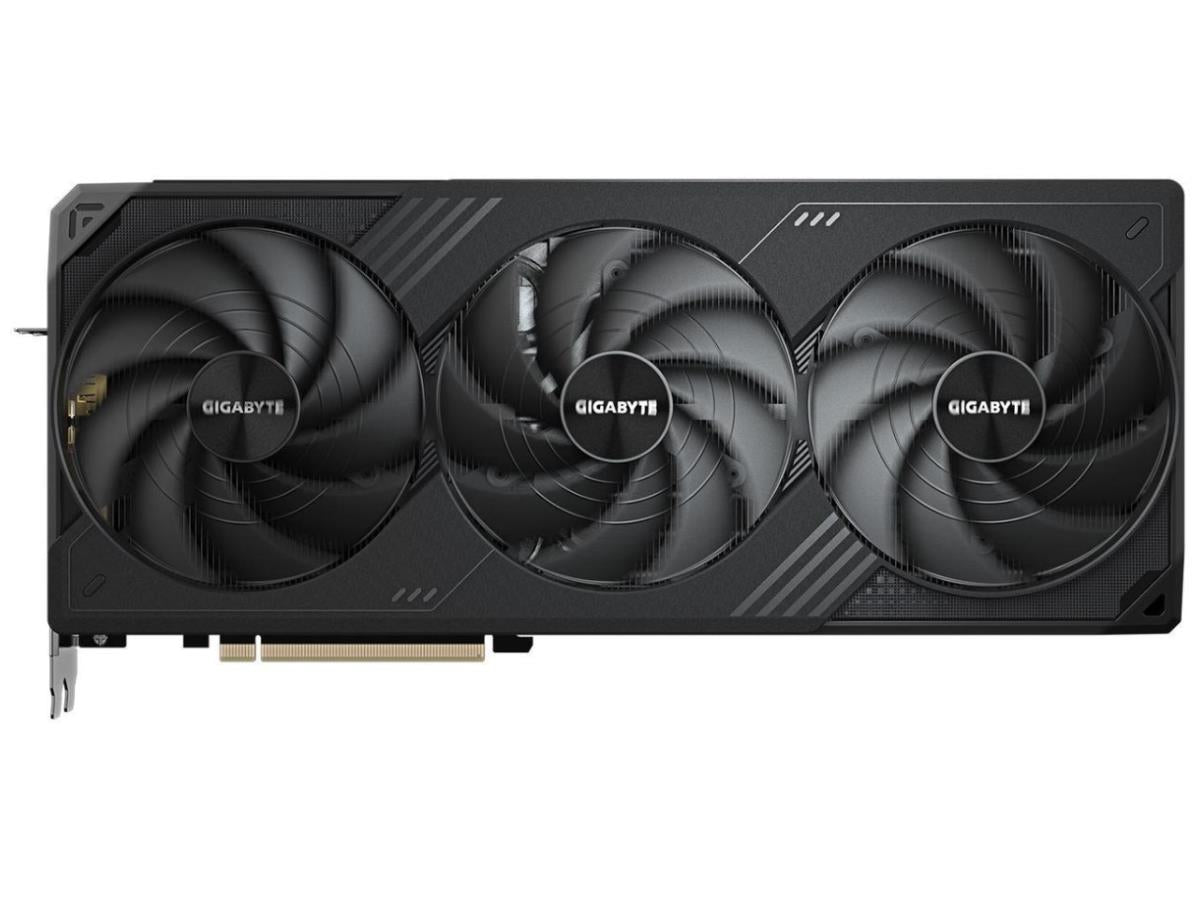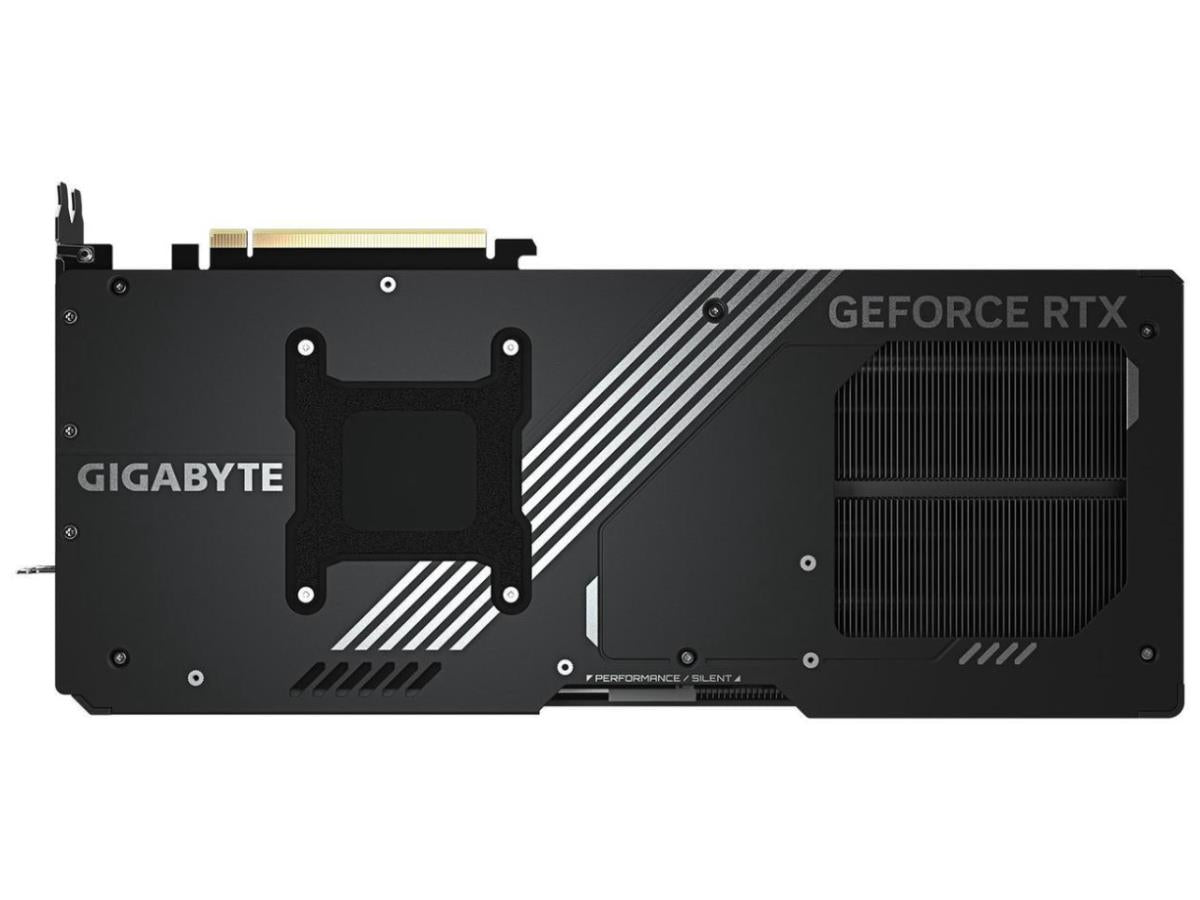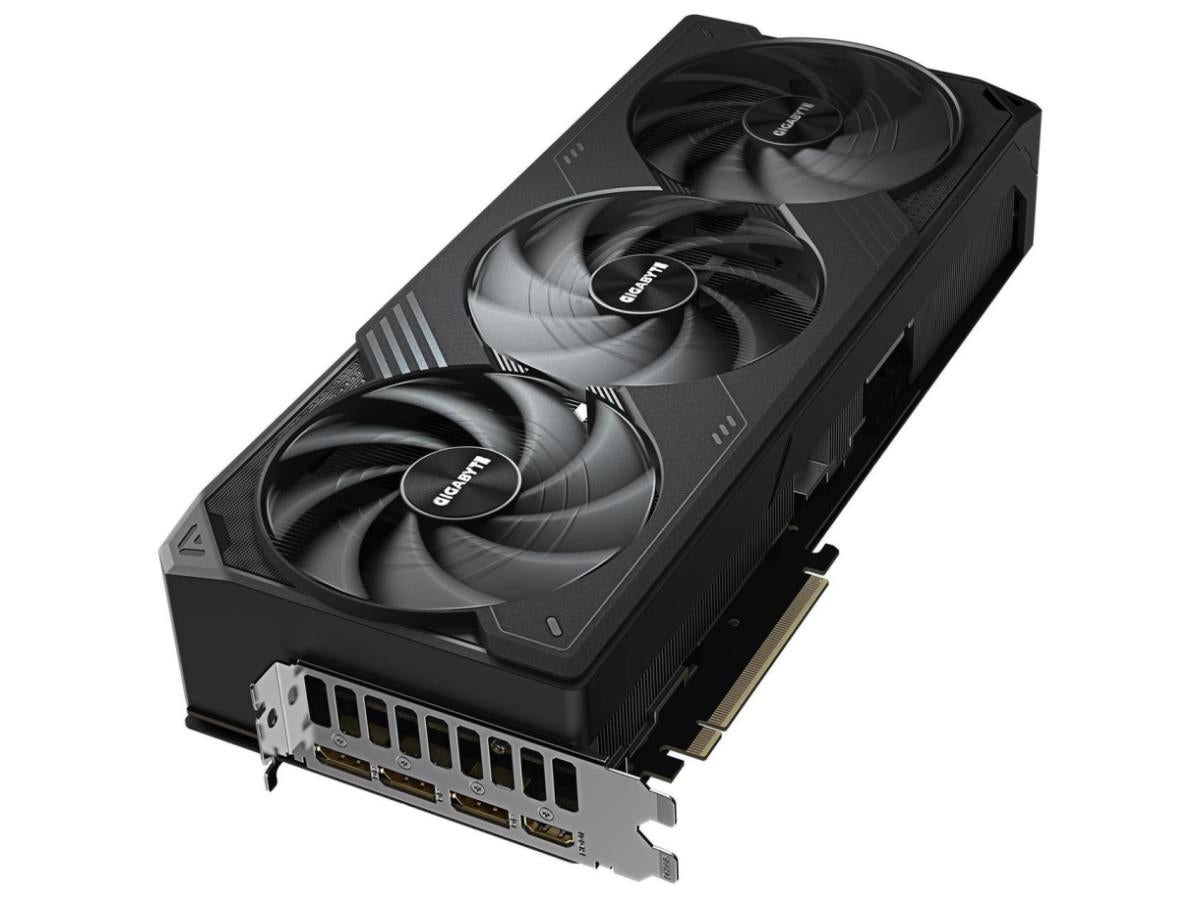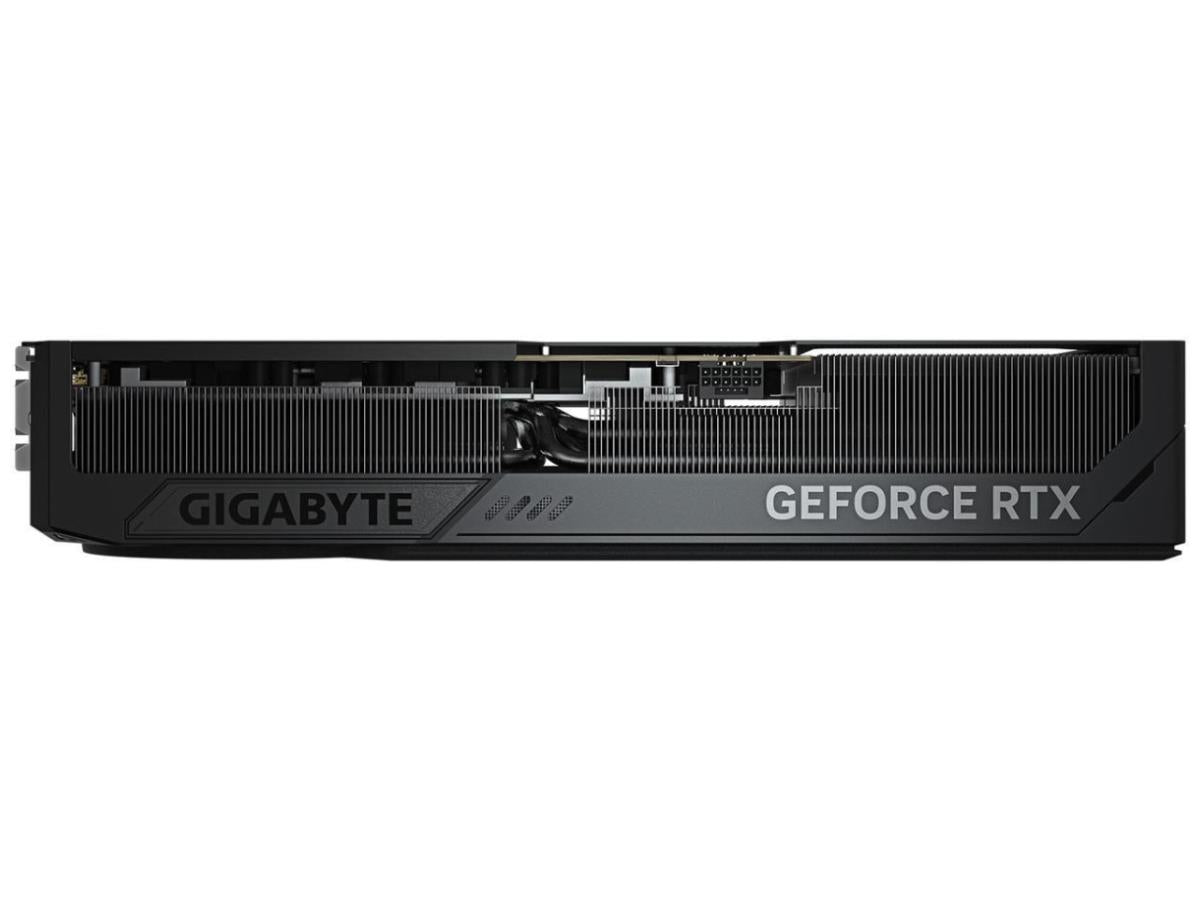Gigabyte GeForce RTX 5090 WINDFORCE OC 32G
Gigabyte GeForce RTX 5090 WINDFORCE OC 32G
Couldn't load pickup availability
The Wind-Powered Monster: Gigabyte GeForce RTX 5090 WINDFORCE OC 32G
Unleash a whirlwind of gaming power with the Gigabyte GeForce RTX 5090 WINDFORCE OC. This card is built to push frames to the limit, all while staying cool under pressure. Its legendary WINDFORCE cooling system, with powerful triple fans and an oversized heatsink, ensures your system stays chilled no matter how intense the action gets. With a factory overclock and a stunning 32GB of GDDR7 memory, this is a graphics card for those who demand ultimate performance without compromise.
⭐ Highlights
⭐ Highlights
Massive 32GB GDDR7 VRAM | WINDFORCE Tri-Fan Cooling System | Factory Overclocked Performance | Dual BIOS (Performance/Silent Modes) | Included Anti-Sag Versatile VGA Holder
⚙️ Specifications
⚙️ Specifications
GPU Manufacturer: Gigabyte
GPU Model: GeForce RTX 5090 WINDFORCE OC
VRAM Size: 32 GB GDDR7
Boost Clock: 2467 MHz (OC)
Interface: PCI Express 5.0 x16
Length and Height: 342 mm (Length), 150 mm (Height)
Width Slots: 2.6-Slot (or 3-slot)
Power Connectors: 2.6-Slot (or 3-slot)
PSU Wattage Recommendation: 1000W
Display Ports: 3 x DisplayPort 2.1, 1 x HDMI 2.1
Share
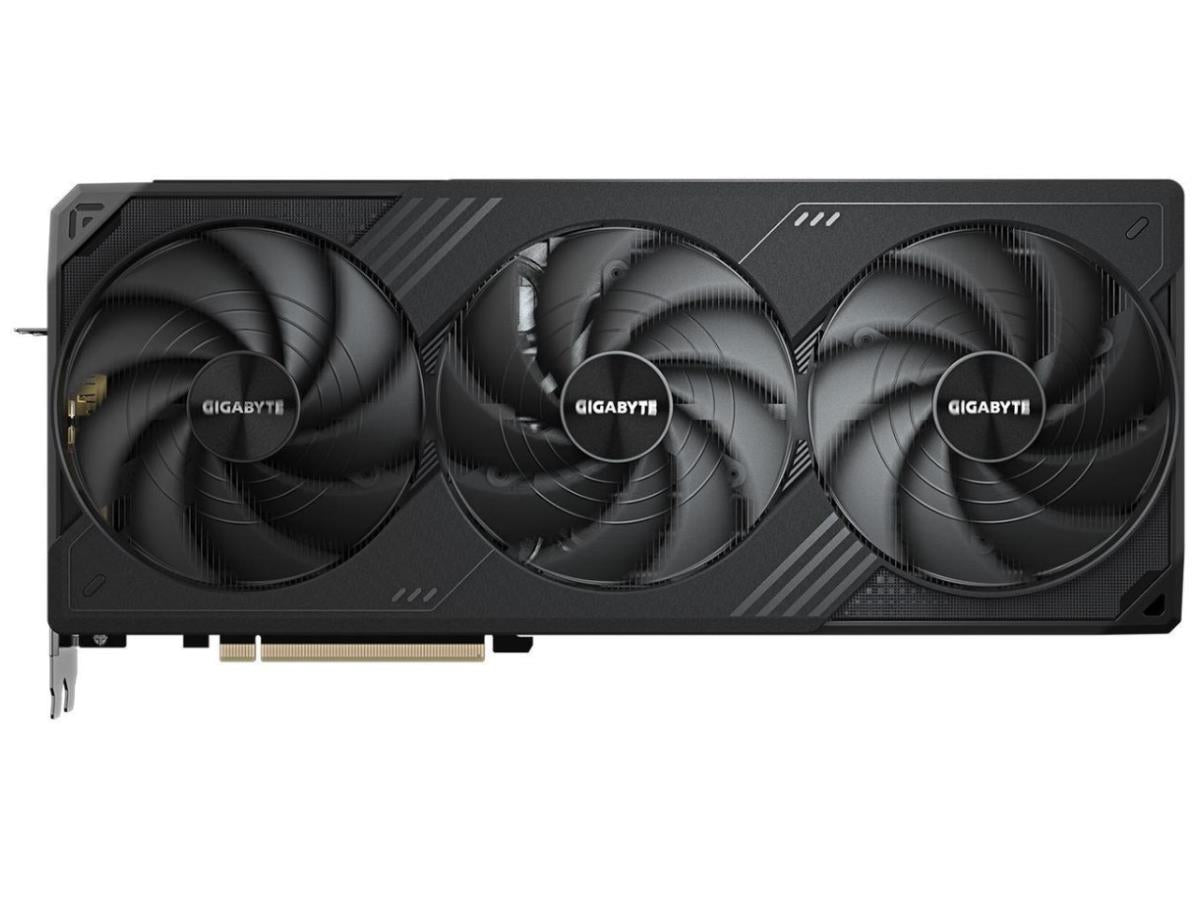
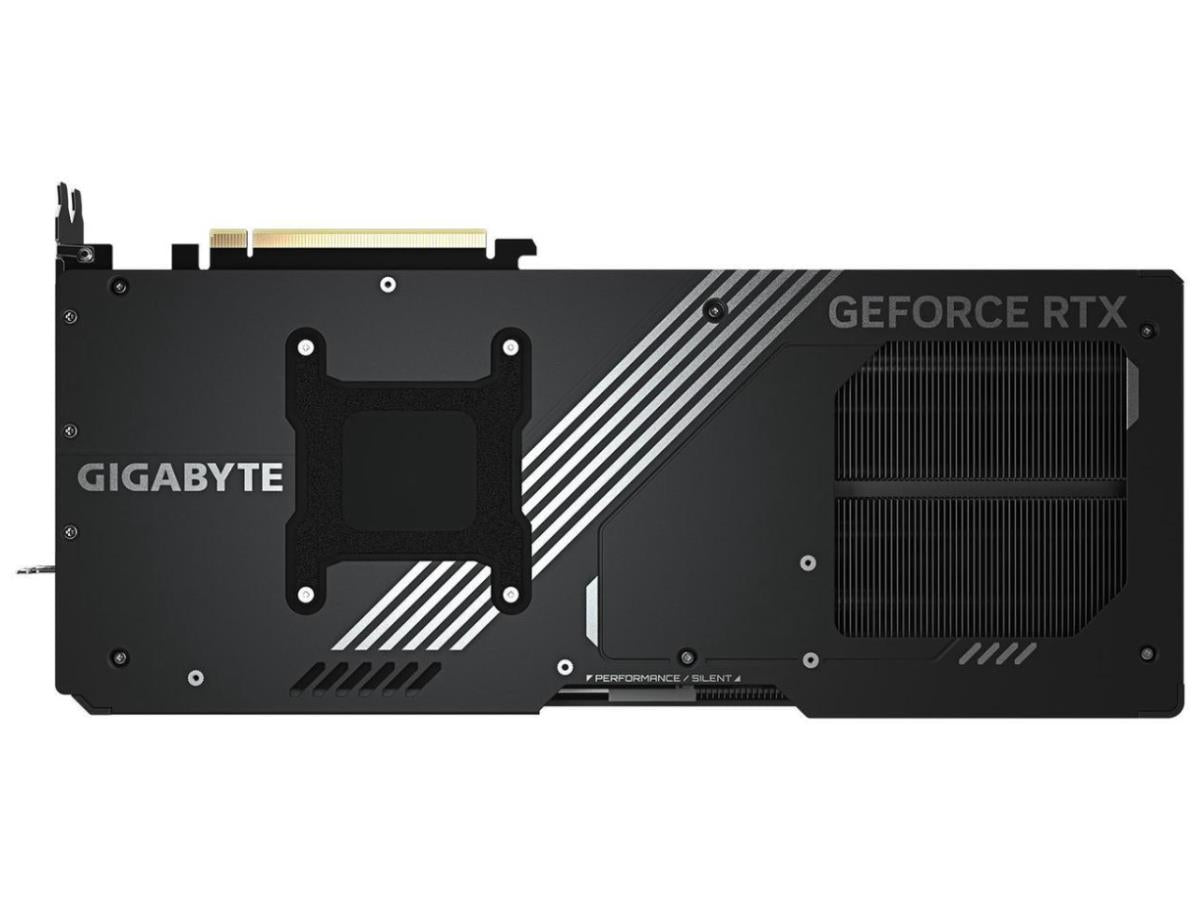
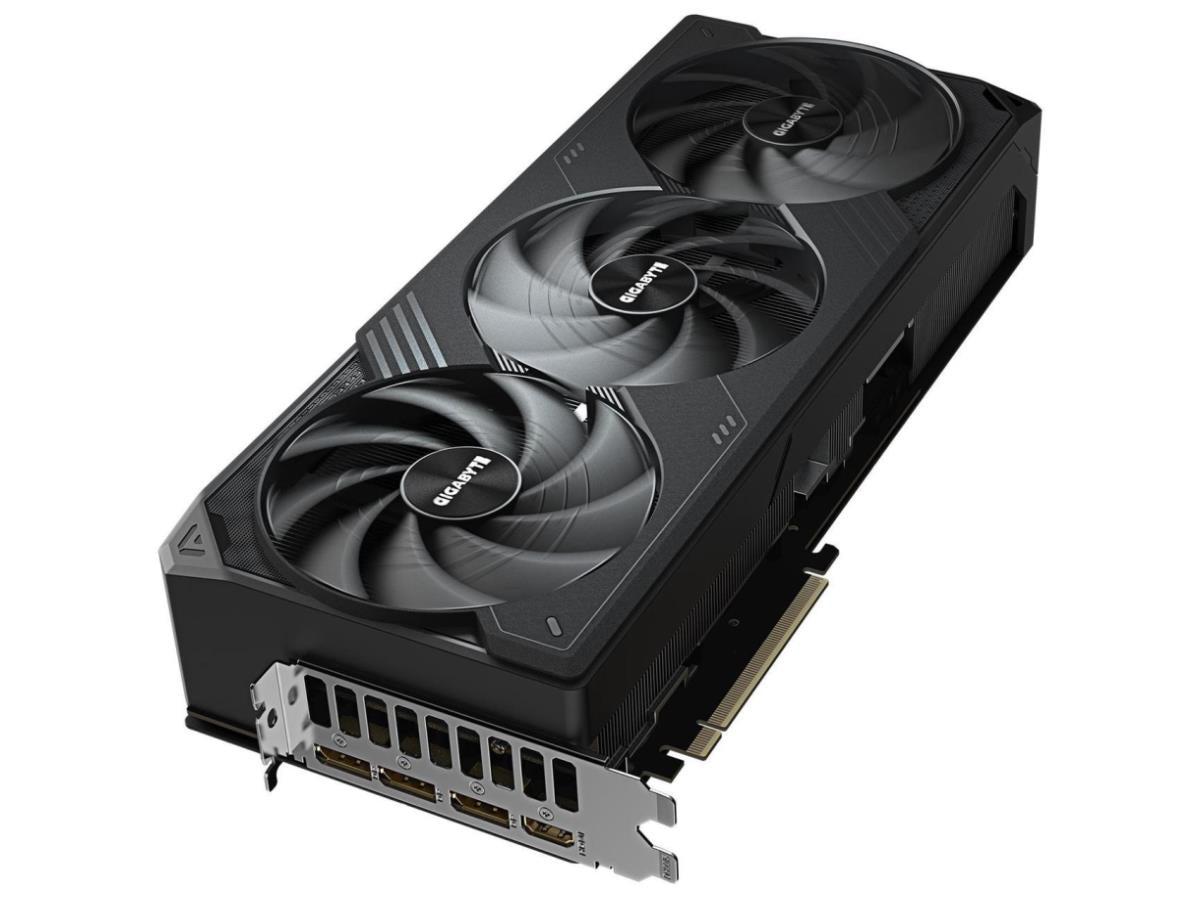
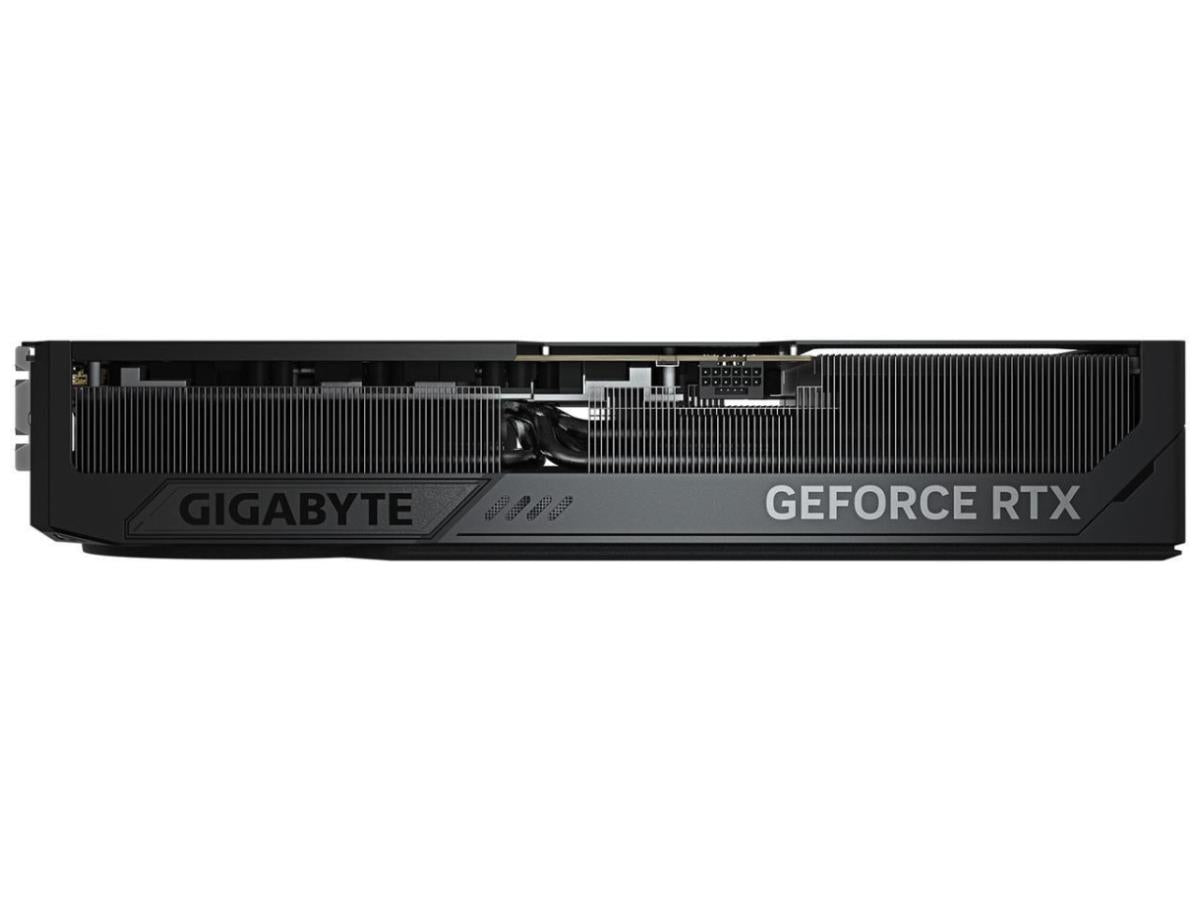
The POST-Check Protocol
-
PSU & Cable Capacity
Action: Must verify your Power Supply Unit (PSU) meets the GPU's minimum wattage recommendation and has the correct number/type of PCIe power connectors. Why: Underpowering the GPU causes system instability, crashes, and risks damage to the PSU or the graphics card itself.
-
Dedicated Power Cables
Action: Always use separate, dedicated PCIe power cables running from the PSU to each port on the GPU, avoiding "daisy-chain" cables when possible. Why: Daisy-chaining too much power through a single cable can lead to voltage drops or melted connectors on high-end cards.
-
Primary PCIe Slot
Action: Always install the GPU into the topmost, longest PCIe slot (usually an x16 slot), and ensure you remove the corresponding metal bracket(s) from the case's rear. Why: This slot is directly connected to the CPU and provides the full bandwidth required for optimal gaming performance.
-
Seating & Latch
Action: Align the GPU's gold connector with the slot and press firmly and evenly until you hear or feel a definitive click from the plastic retaining latch. Why: If the card is not fully seated, the system will not recognize the GPU, and the latch will not lock it in place.
-
Sag Prevention
Action: Use a GPU support bracket, anti-sag stand, or a screw-in support (if available) to support the card's outer edge. Why: Modern GPUs are long and heavy, and without support, they can gradually bend and stress the PCIe slot on the motherboard over time.
-
Monitor Connection
Action: After the PC is powered on and the operating system boots, plug your monitor cable (HDMI/DisplayPort) directly into the new GPU's ports, not the motherboard's ports. Why: The motherboard ports are for integrated graphics and will not display anything if a dedicated GPU is properly running.
